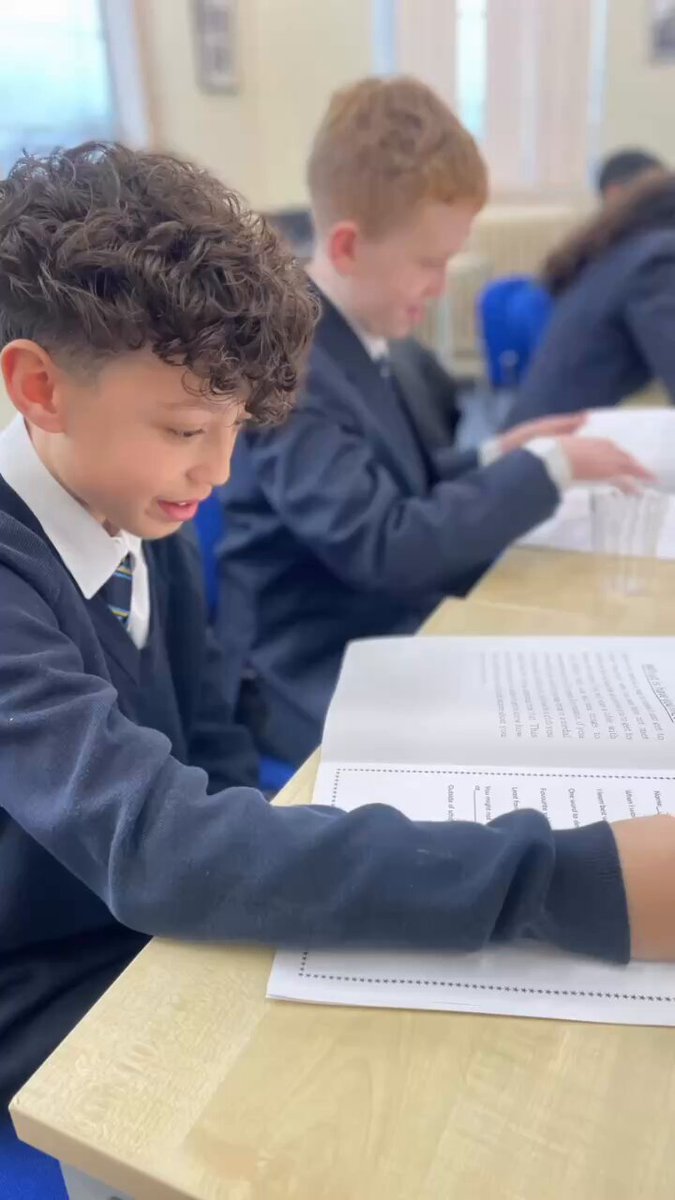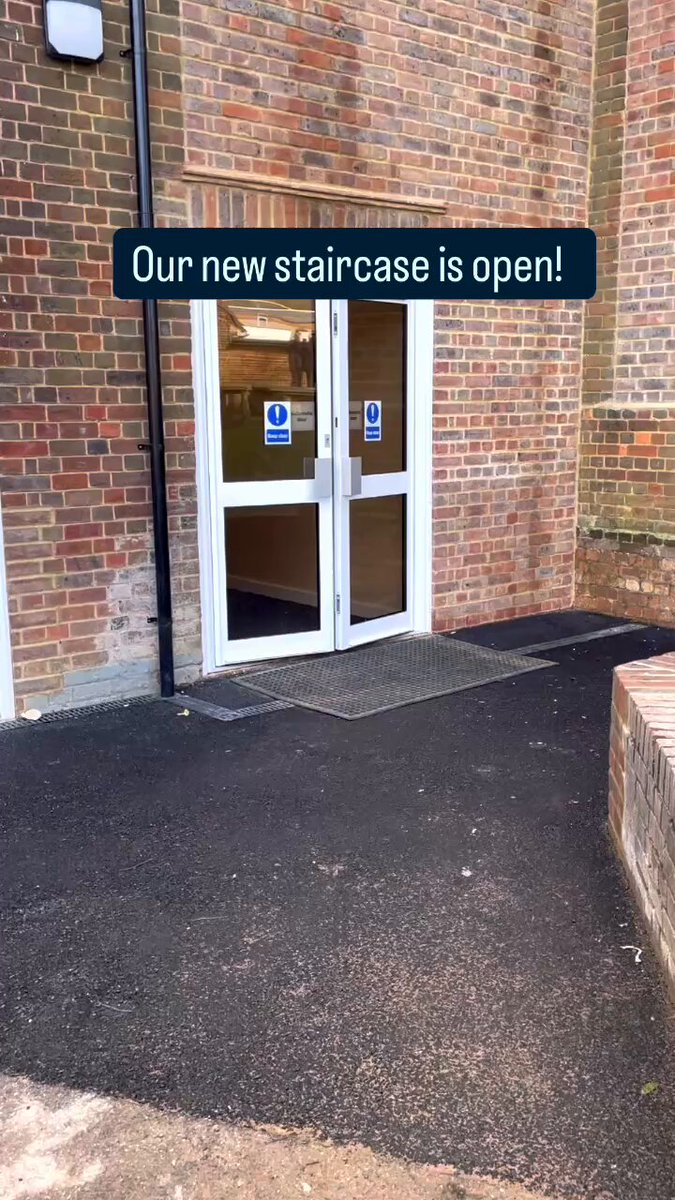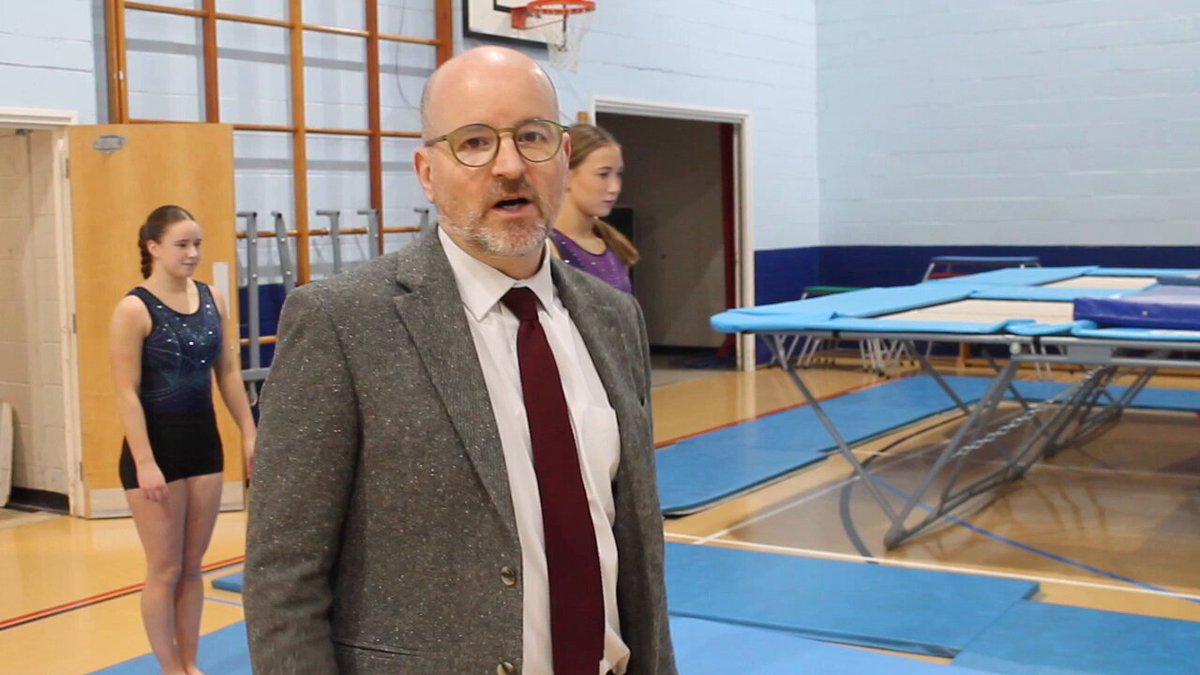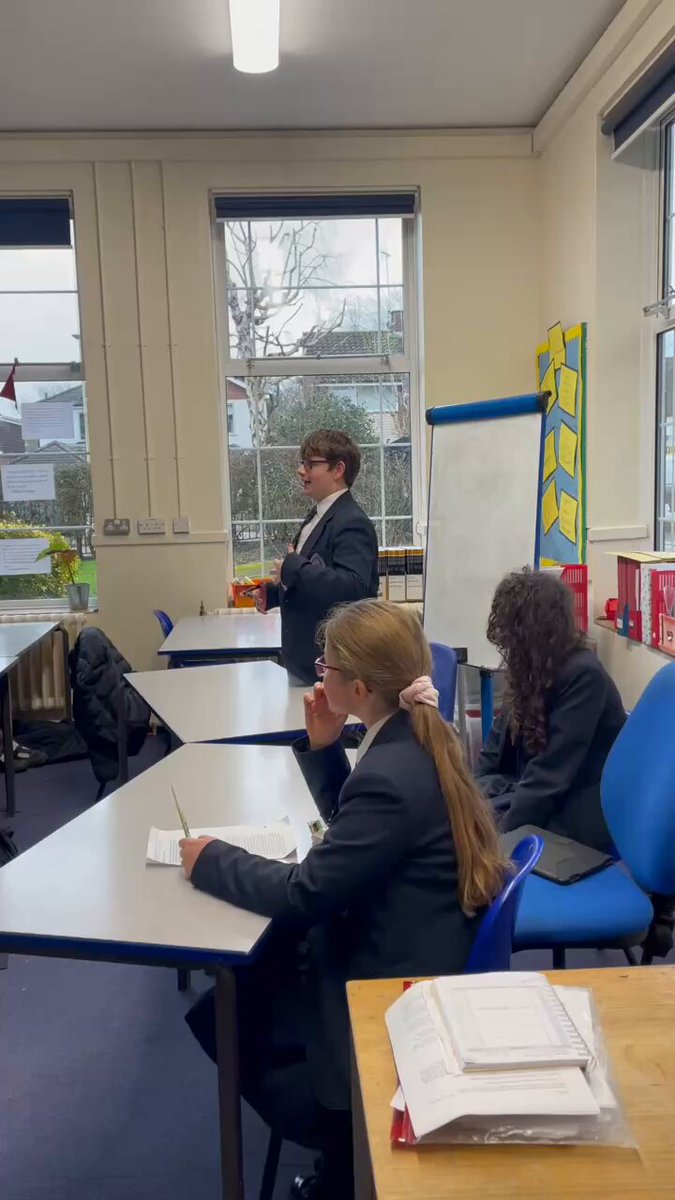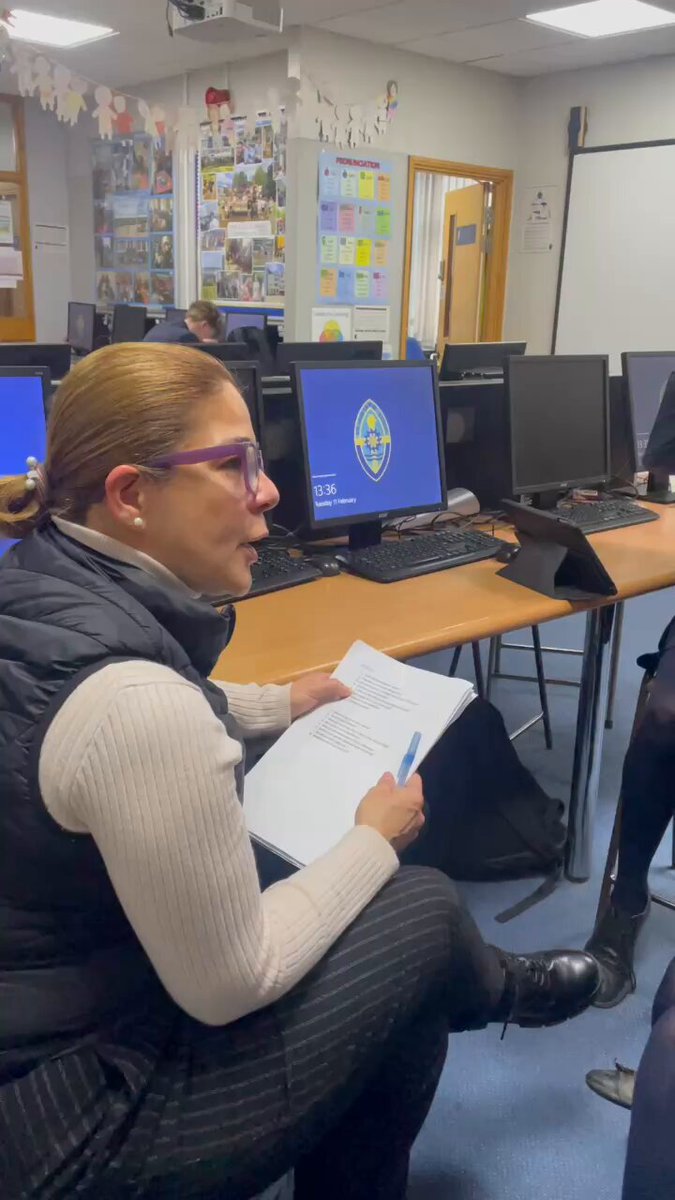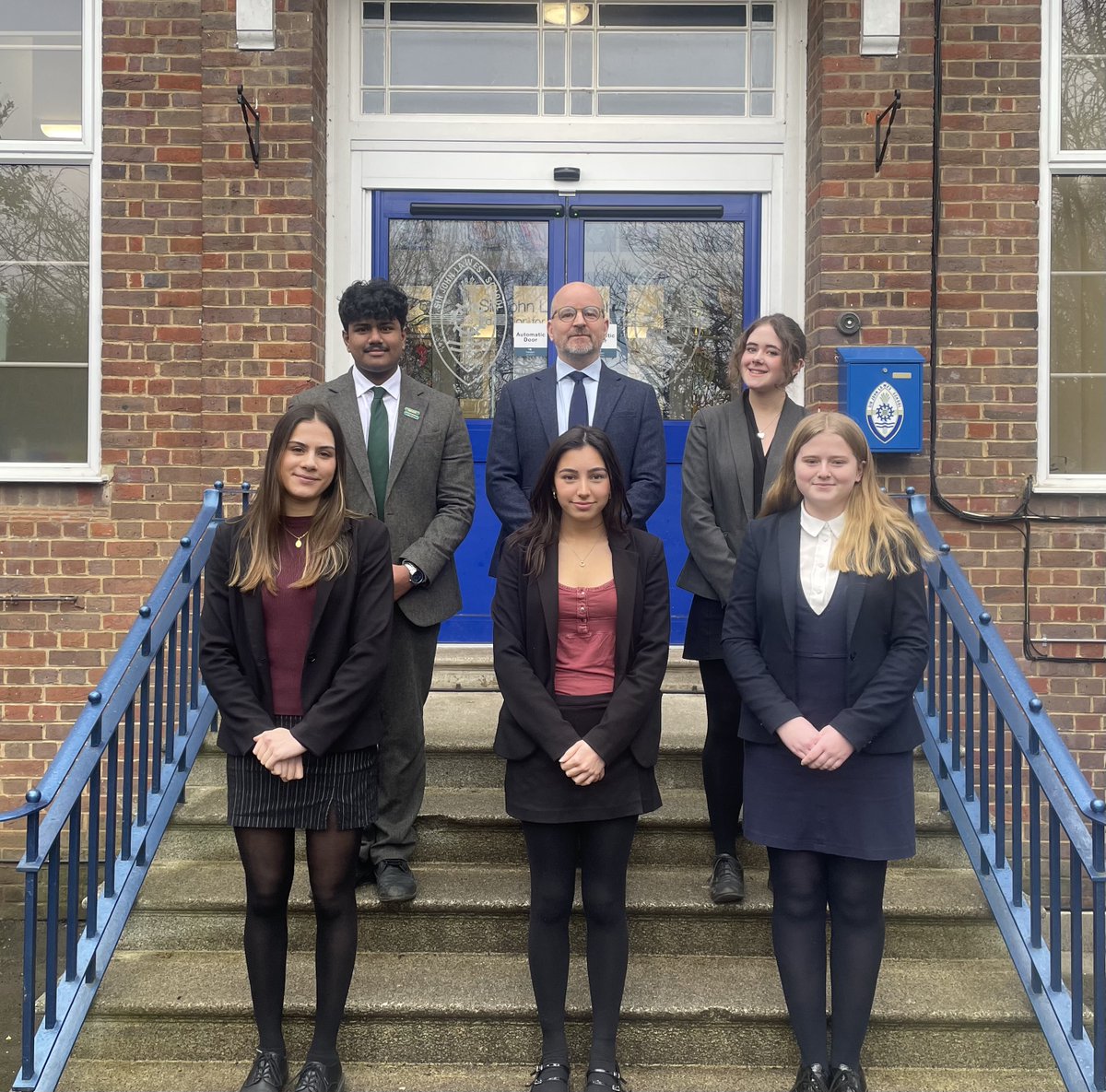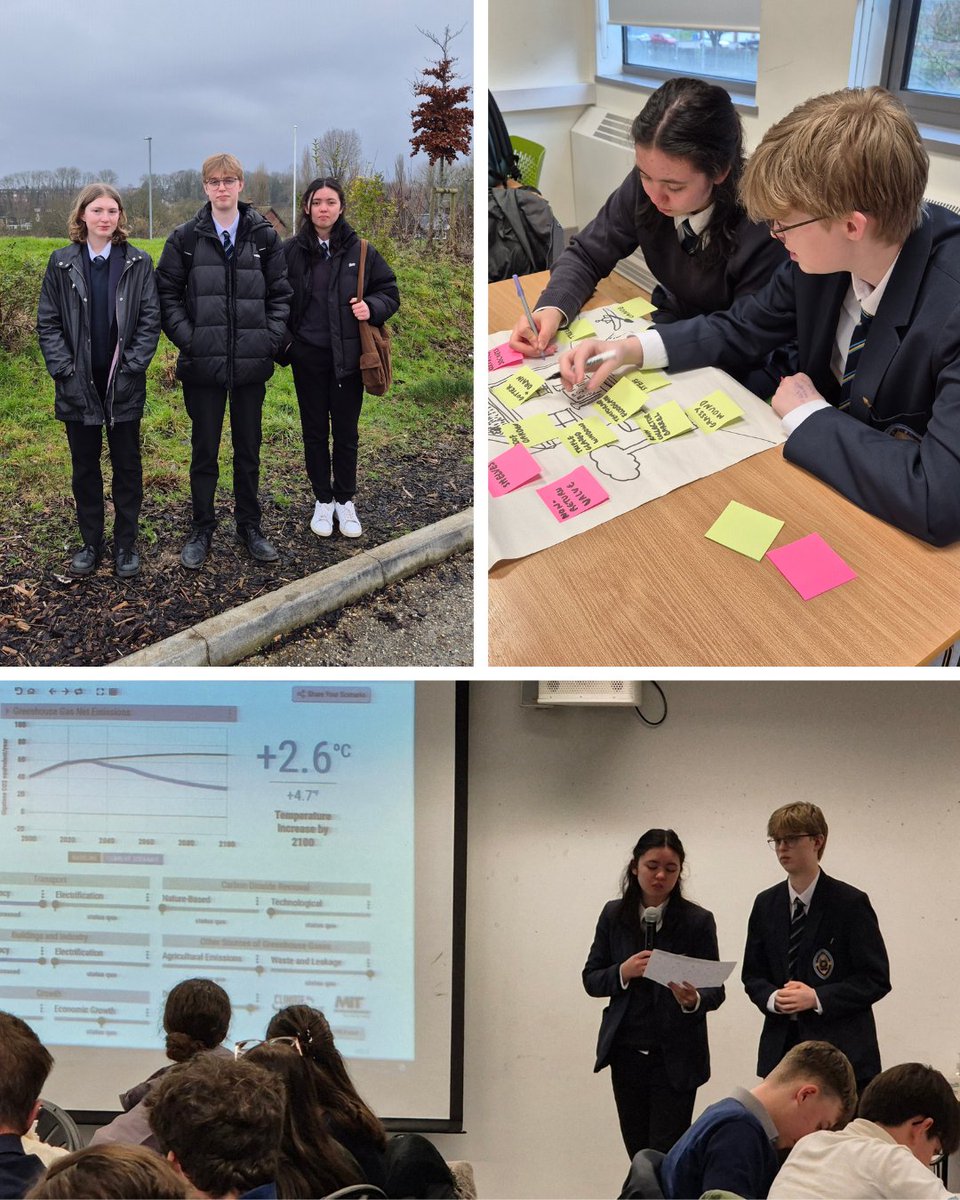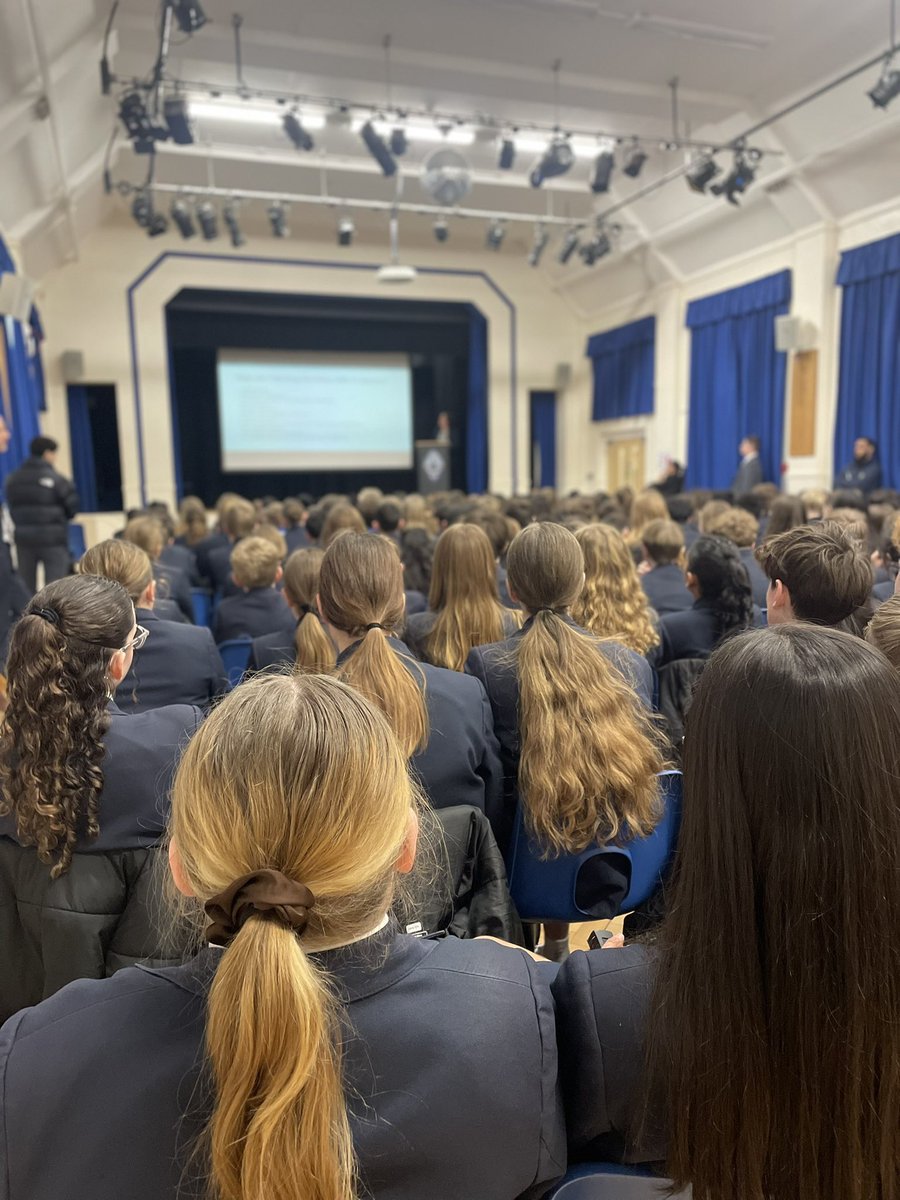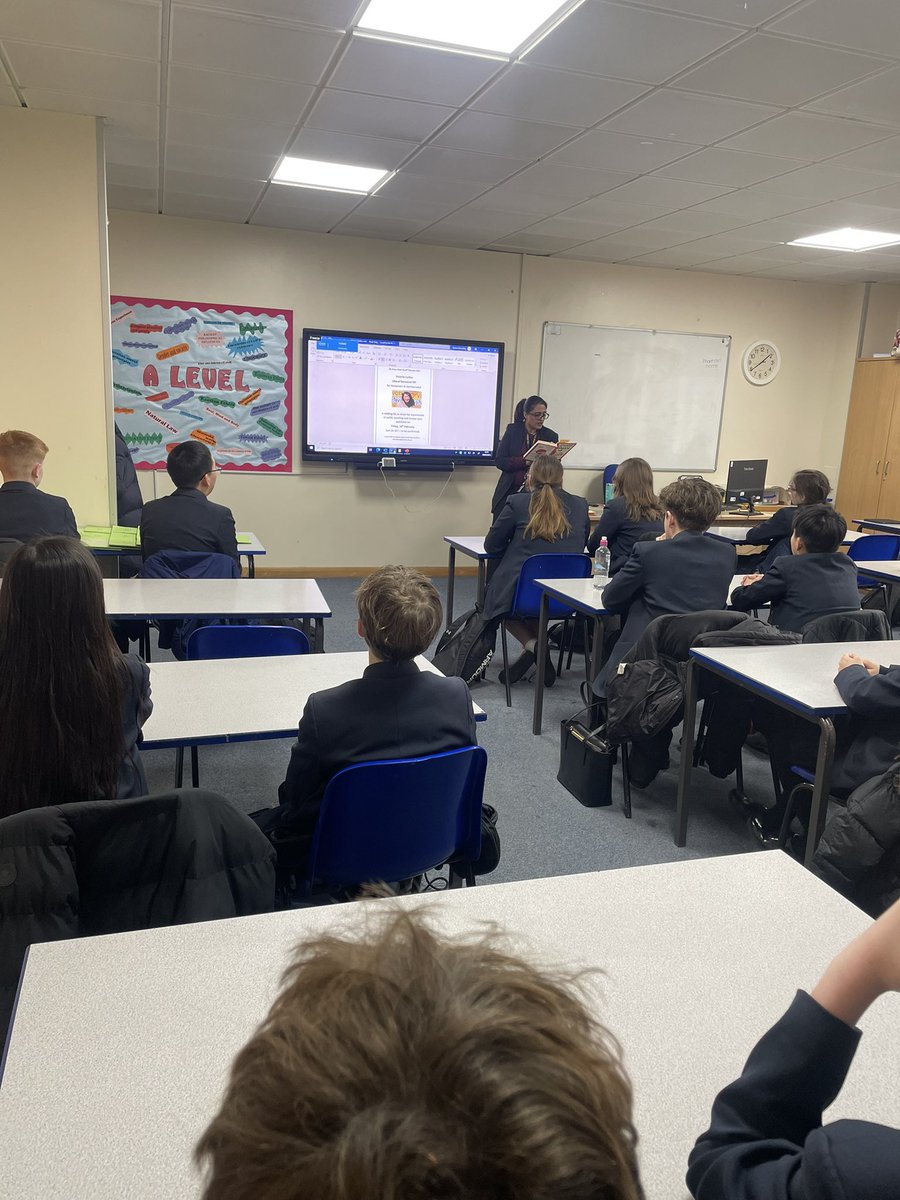Media and Film Studies
| About the Faculty |
|---|
|
The Media and Film faculty is a high achieving and highly successfully faculty at SJL. Our media arts specialism has enabled us to invest in state-of-the-art resources such as a TV Studio with virtual set technology, location filming and recording equipment, cinema facilities and radio station. In addition, all our creative faculties - Music, Art, Design Technology and Media are Apple Macintosh based. The software used is of industry standard and the quality of work that our students produce is exceptional. Sir John Lawes offers both academic and vocational media courses and we are a lead school in the local area in this subject. The faculty is proud of its on-going success with students achieving at the very highest level, and of the media specialist teaching and technical support team, which has grown over the years to provide students with a high level of expertise. |
| Curriculum Intent Statement |
|
To provide a broad and balanced media/film curriculum that is current, accessible, relevant and allows students to engage with the media theoretical framework. The subjects should also provide students with practical opportunities where possible. |
Key Stage 3 Curriculum
In Key Stage 3, the Media faculty run a joint Media and Film Studies course. This involves the study of media platforms such as broadcasting (film, TV and radio), print media (newspapers and magazines) and e-media (Internet, websites and all new and digital technology). It examines the mass media, which plays a central role in contemporary society. Students learn how to interpret media images and texts and explore the theoretical concerns of Media and Film Studies. Students are also given the opportunity to get “hands-on” experience with various pieces of equipment such as digital stills and video cameras, work on Apple Macs, use editing programs and use the industrial standard TV studio; they will make a range of different texts including pages from a magazine, a cross-platform advertising campaign and a film trailer/opening.
Key Stage 4 Curriculum
The school offers a very well established GCSE Media Studies course, which includes non-examined assessment and external examinations. The NEA consists of a significant, individual production element that requires students to engage in pre-production work such as planning, research and design work, production work involving on-location filming, and post-production editing work, using creative software such as Photoshop, Adobe Premiere or computer animation packages. The course seeks to engage learners through a combination of theory and practice, with a strong emphasis on professional type skills and qualities such as organisation, project management and teamwork.
30% Individually assessed Non-Exam Assessed (NEA) work (this will consist of a statement of aims and a media production).
70% externally assessed exam work:
Paper 1 – 40%; Paper 2 = 30%
Course content
Component 1 – Exploring the Media
- Students will study for an exam that is 1½ hours long which tests students on their knowledge and understanding of a range of texts, their contexts and construction. Students will look at a range of media, old and new, from a range of platforms; advertising, magazines, radio etc. Students will learn about how texts are made/constructed, how they create meaning as well as gaging the context in which they were made. There will be historical, cultural, institutional, sociological and cultural links made between the texts and their contexts.
Component 2 – Understanding Media Forms and Products
- Students will study for an exam that is 1½ hours long which tests students on case studies from the TV and music video industries. Students will learn about how meaning is created in moving images, how representations are constructed, as well as how the context in which they are made affect them. Furthermore, students will learn about media convergence and the importance of a multi-platform presence.
Both exams are sat at the end of the 2 year course.
It is also noteworthy that all aspects of film study have been removed from this course.
Non-Exam Assessment (NEA)
Individually, students will need to respond to a brief set by the board. They will need to produce moving or still image production. For example, the brief may ask students to produce a film marketing campaign including a film poster and an accompanying DVD cover for a particular genre, such as rom-com or spy.
Key Stage 5 Curriculum
| Media Studies |
|---|
Board: EDUQAS (A680QS)
To choose Media Studies A Level, you do not need to have studied Media Studies at GCSE level. Therefore, no previous experience is required as everyone starts at the same point, although obviously an interest in the media, its construction and influence, is essential.
Assessment
30% individually assessed Non-Exam Assessed (NEA) work (this will consist of a cross-platform production – ie. a moving image and print piece).
70% externally assessed exam work: Paper 1 – 35%; Paper 2 = 35%
Course content
Paper 1
- Students will study towards a 2 hour 15 minute exam that will test them on how media texts use media language, construct representations and the contexts that influence them. They will cover contemporary identities, representations of gender, ethnicity and reality as well as explore the positioning of audiences and institutional influences across a range of different platforms including advertising, film marketing, video games, music videos and newspapers.
Paper 2
- Students will learn about 3 areas of the media in depth; TV in the Global Age (case studies include Humans and The Returned), Magazines (Mainstream, Vogue vs alternative, Big Issue) and Media in the Online Age (case studies include Zoella and Attitude Magazine). They will be required to study the 2 texts in depth and comparatively, which are set by the exam board. The exam is 2½ hours long in which students need to write a possible 3 essays.
Both exams are sat at the end of the 2 year course.
Non-Exam Assessment (NEA)
Individually, students will need to respond to a brief set by the board. They will need to produce a cross-media response. Students will write a brief statement of intent, followed by, for example, a sequence of 2½ – 3 minutes from a new TV drama as well as produce an accompanying magazine front page and double page spread helping to promote it in a TV lifestyle magazine; dependent on what the brief states set by the exam board.
Entry requirements
We would expect you to achieve a grade 6 or above in GCSE Media or Film Studies or grade 6 or above in English (if Media or Film have not previously been studied). All students must have an APS of 4.5 or above.
| GCSE Film Studies |
|---|
Course code: C670QS
30% Individually assessed Non-Exam Assessed (NEA) work (this will consist of a media production).
70% externally assessed exam work: Paper 1 – 35%; Paper 2 = 35%
Course content
Component 1 – Key developments in US Film
Students will undertake a comparative study of a pair of mainstream genre films; each pair of films includes one film produced between 1930 and 1960; the other produced between 1961 and 1990. These include films such as King Solomon’s Mines, 1950, and Raiders of the Lost Ark, 1981, or Rebel Without a Cause, 1955 and Ferris Bueller’s Day Off, 1986.
Students will compare these films in relation to technological developments such as the introduction of sound, the introduction to colour film, the emergence of widescreen, 3D and CGI.
Furthermore, students will undertake an in depth study on one of five independent films (these include Whiplash, 2014, The Hurt Locker, 2008 or Juno, 2007, for instance) and write about them from a critical perspective.
Component 2 – Global film: Narrative, Representation and Film Style
Students are to carry out an in depth study of 3 films (District 9, 2009, Spirited Away, 2001 and Attack The Block, 2001), based on narrative, representation and film genre/style. The focus here will not just include an analysis of these films, but to understand the context in which they were made in. The films are from outside of Hollywood, so this really tests students of their knowledge and understanding of the wider film industry.
Component 3 – Non-Exam Assessment (NEA)
Individually, students will need to undertake one of two coursework options; either writing an original screenplay for an extract of a genre film, accompanied by a shooting script, or a filmed extract from a genre form of between 2 and 2 ½ minutes.
Both tasks allow students to practically apply their knowledge and understanding of genre, narrative and media language; how meaning is created through camerawork, sound, setting, costume and so on.
| Media BTEC Level 3 Certificate and Extended Diploma |
|---|
Board: Pearson (UFX35 and UFX37)
BTEC courses are long established and very well recognised in both higher education and industry; they are also equivalent to A Levels. They are vocational style courses with a strong emphasis on practical learning and project production work. Some students enter industry on completion of the course, whilst the majority move to undergraduate courses at reputable universities including Bournemouth.
BTEC courses at Level 3 are demanding both academically and in respect of personal and team management skills. High standards of organisation and professionalism are expected and required.
This is an exciting and stimulating course that gives students who are interested in the media the opportunity to study the media in-depth and at a high level along with exciting accompanying practical opportunities.
LEVEL 3 CERTIFICATE
This is a Level 3 qualification with UCAS points equivalent to one A level.
Unlike the Extended Diploma this course is equivalent to a single A-Level allowing it to be sat alongside other A-Level options (excluding media studies). Students undertake 4 units for study over the course of the 2 year course. The units students will undertake include Unit 4 Pre-Production and Unit 10: Film Fiction.
LEVEL 3 EXTENDED DIPLOMA
This is a Level 3 advanced qualification with UCAS points equivalent to three A levels.
This is a FULL time course and will be the only subject students take. Students undertake 13 different units over the course of 2 years.
Assessment
LEVEL 3 CERTIFICATE
There are 2 external assessments. These will be sat in exam-like conditions, but carried out in the classroom. One consists of an online/digital exam; the others are responding to pre-release material provided by Edexcel in a vocational context within a strict time constraint. All coursework must also be completed and passed.
LEVEL 3 EXTENDED DIPLOMA
There are 4 external assessments. These will be sat in exam-like conditions, but carried out in the classroom. One consists of an online/digital exam; the others are responding to pre-release material provided by Edexcel in a vocational context within a strict time constraint. All coursework must also be completed and passed.
Course content
The main focus is on television, video and film production techniques and practice, as well as some emphasis on print based techniques. This also encompasses studying the media industries, project management and specific technical training in software, lighting, sound, camera, directing, producing and a wide range of other disciplines.
This is a demanding course and there is a huge emphasis on independent learning from the students. Students need to be enthusiastic, focused and determined from the outset. It should be noted that students must take responsibility for their own learning and progress to some extent on this type of vocational course; the level of teacher assistance can impact on the grades awarded to students.
LEVEL 3 CERTIFICATE
Students will be required to work closely in highly organised production teams on a range of different projects that will include a major film production.
For the units being delivered as part of the certificate course, students will join the extended diploma class for their designated times a week. This will allow them the opportunity to work with a wide range of their peers whilst still studying other A-Level subjects.
LEVEL 3 EXTENDED DIPLOMA
Students will study towards 13 Units across the 2 years; 4 of which are externally assessed, like exams. The Units cover Digital Photography, Film Production, Radio Production and Advertising, amongst others.
Students will be required and expected to travel, and to work closely in highly organised production teams on a range of different projects that may include radio fiction, TV drama, news production amongst others.
Entry requirements
We would expect you to achieve a grade 4 or above in GCSE Media or Film Studies or grade 4 or above in GCSE English (if Media or Film have not previously been studied).
Certificate: All students must have an APS of 3.83 or above if combined with other BTEC courses or an APS of 4.5 or above if combined with A levels.
Extended Diploma: All students must have an APS of 3.83 or above.
Marking Policy
Extended Curriculum
We have developed strong links with local industries and our students have the opportunity to learn specialist skills at other participating schools around the area, as well as with a host of local businesses. Over the years, we have provided many opportunities for students to undertake educational/media trips both within the UK and abroad. We also run the half-termly news broadcast, the Lawes Lowdown for the whole school, as well as run FilmClub for Year 7 students. If the opportunity arises, we try to get involved in various competitions which we try and recruit students for.
Students will also have full access to our facilities: Film/TV studio, industry standard cameras (moving image and SLRs), Apple Macs with Adobe Premier Pro, Photoshop and InDesign.
We include students’ media usage in lessons and make is very student-centric; technology, platforms, texts (within reason – ie. Some of the ones set by the board). We get students, in an age of fake news and disinformation to really question the construction and validity of texts - Year 13 set texts including Zoella; Year 12 A Level set texts; BTEC texts for study; Year 10 and 11 set texts; NEA opportunities.
Students also learn about things that they all have opinions on; representation of race, representation of gender, questioning and challenging ideas and perspectives of theorists – post-colonialism, feminism, LGBTQ+, Queer theory, for instance.
We try to utilise students’ existing digital literacy skills – whether that’s in the analysis of texts, or them making their own texts for NEA, or other practical opportunities in lesson or for homework. We also get students, in KS4 and 5 to use their phones and other devices when appropriate to access content relevant to the lessons – social media, comments, Pokémon Go, the game (one of the case studies!).



